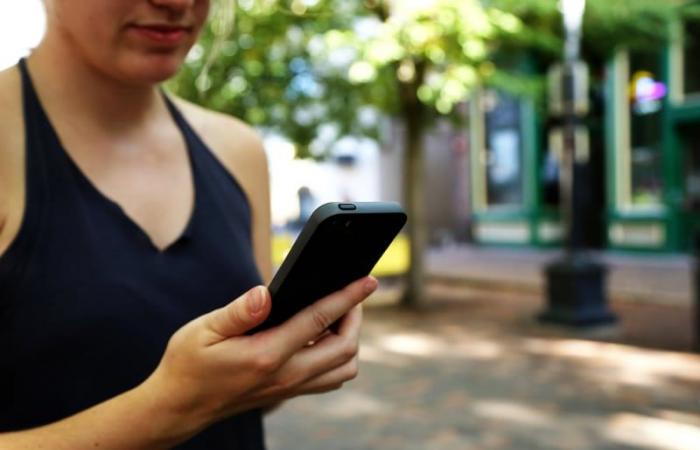Some time ago, a British telephone company conducted a survey, and indicated that 5% of people in the United Kingdom had one thumb bigger than the other due to smartphone use. Unsurprisingly, young people are the most affected!
Since the appearance of Man on Earth, he has evolved a lot. However, it took millions of years! According to the British telephone company O2, a decade of cell phone use has transformed the human hand. This is explained in its report called O2 Mobile Life Report published in 2016.
According to O2, this is a report intended to better understand the relationship between consumers and their smartphone. Thus, 5% of British people would have one thumb bigger than the other, a conclusion that should nevertheless be put into perspective insofar as the sample on which the company investigated is relatively small (2000 people).
The report indicates that consumers spend an average of two hours per day on their phone, which would therefore have an impact on the thumb. According to O2, one thumb working harder than the other can be up to 15% larger, which is the case for 13% of people aged 18 to 34.
The O2 report also highlighted that some consumers have developed hollowness in their pinky fingers (little fingers) due to the way they hold their smartphone. The survey reports that almost a third of respondents believe that their body has changed as a result of smartphone use – and that it will continue to adapt.
Other information was also revealed: 20% of those surveyed have already fallen asleep with their phone in their hand and 19% believe they cannot do without their machine for a day. On the other hand, 5% think they have “phantom vibrations” warning them of a message alert or other when this is not the case. 15% believe that their smartphone will make them live longer (27% for 18-34 year olds), a figure to be linked to the fact that 30% of respondents use fitness applications on smartphones.
The report also highlights a phenomenon of growing social isolation due to the omnipresence of smartphones. Indeed, many users admit to turning to their phone during moments of social interaction, which limits direct exchanges and can affect interpersonal relationships. Nearly 40% of those surveyed recognize that their smartphone has an impact on their relationships, and 25% say they have already preferred their device to real exchanges during family or friendly gatherings.






